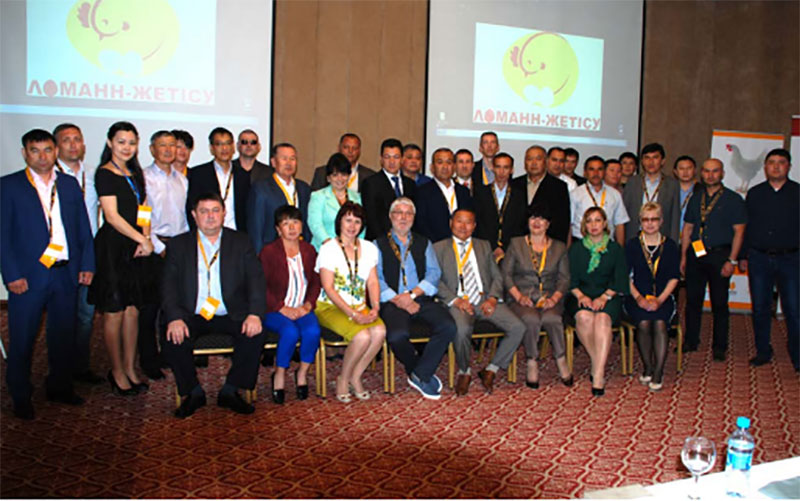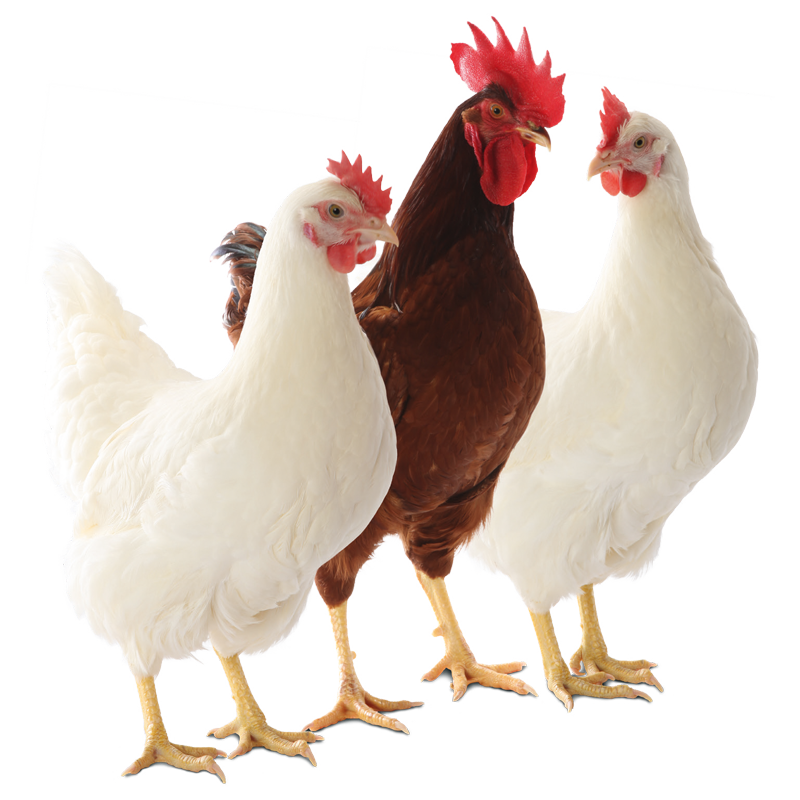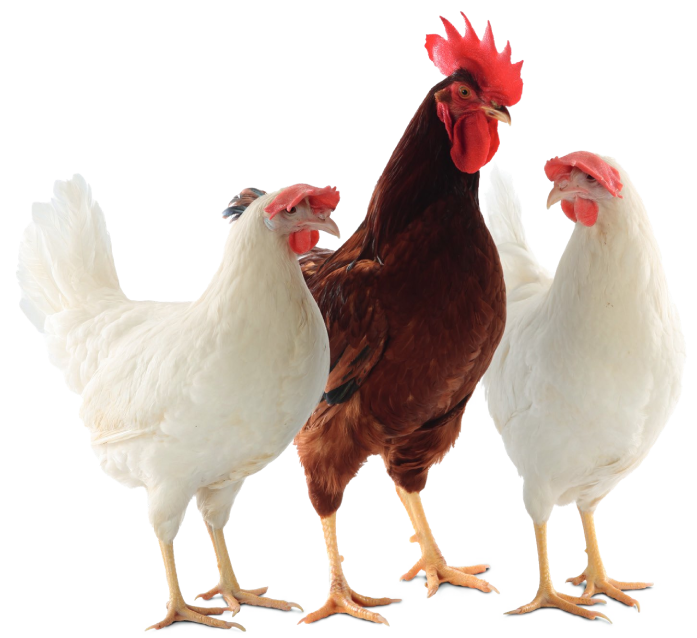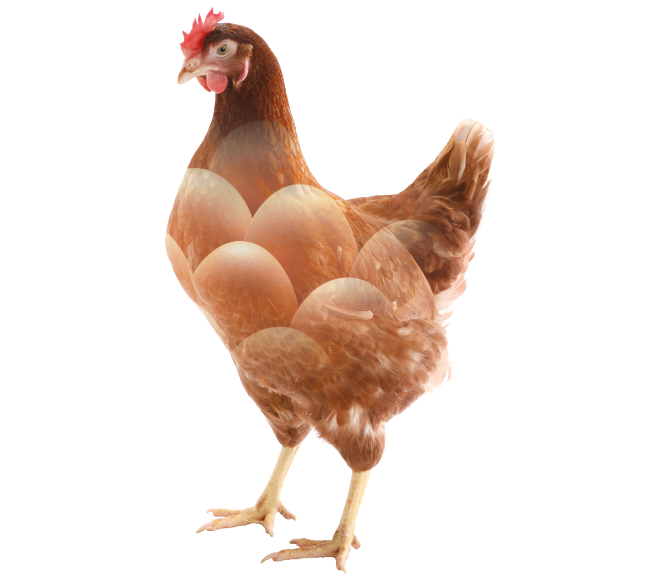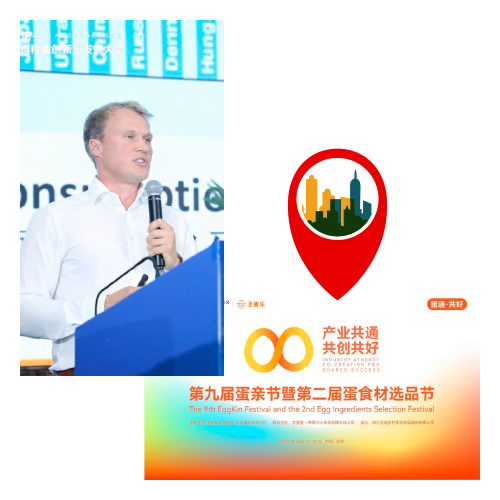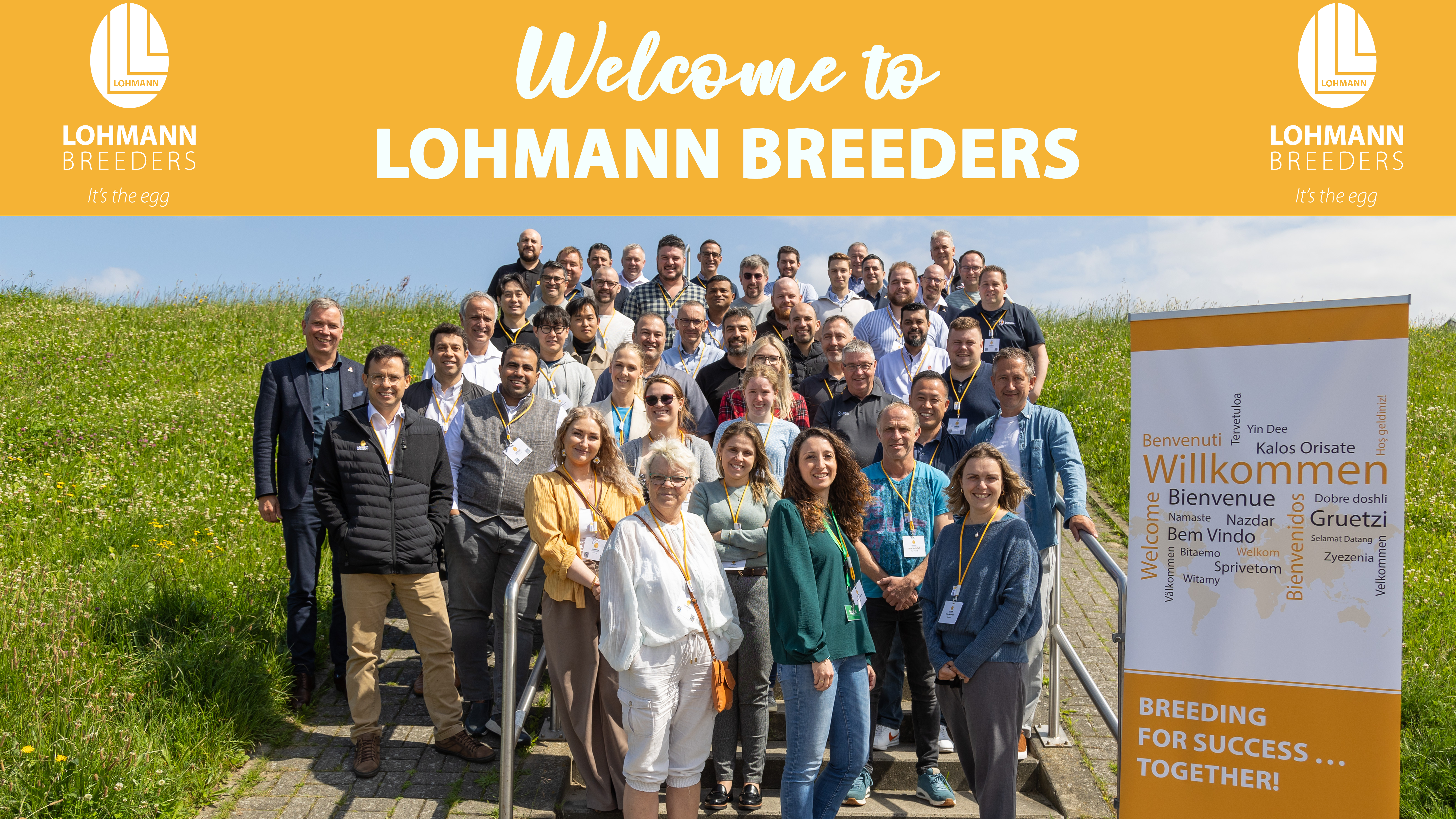The success of LOHMANN‘s activities in these regions depends not only on increasing sales of LOHMANN parent stocks, but also in many respects on providing customers with technological support for their birds. The need for continuous improvement of the skills of local poultry farm specialists who are already working with LOHMANN breeds, and the need to attract new customers and support LTZ’s clients in widening their customer base require an understanding of the importance of holding joint seminars and training on site. These events give producers the chance to receive up to date know how as well as a basic academic understanding that is still very relevant. Seminars and Training on Site So in 2016 LOHMANN TIERZUCHT together with their clients successfully held several regional seminars. The producers themselves decided the topics. In practice it is seen that the most common questions and problems concern a comprehensive programme for keeping, feeding, lighting and biosafety. Russia and Kazakhstan have the same poultry rearing school of thought so the seminar topics were largely the same.
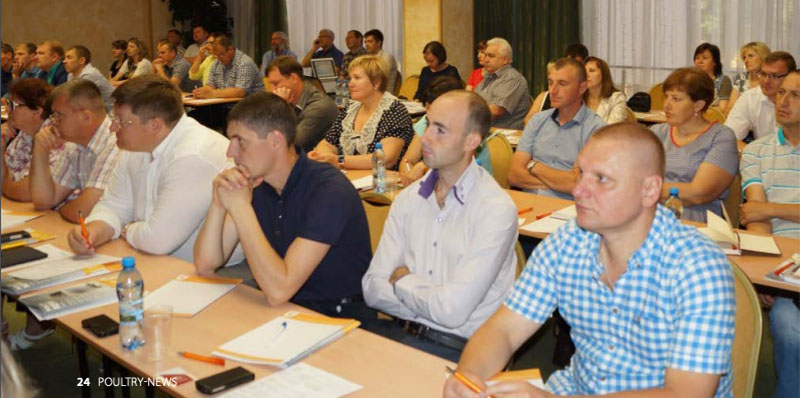

Okskaja Poultry Farm Aleksandovsky branch and LOHMANN TIERZUCHT „The main aspects of the technology of growing and veterinary support of Lohmann Breeds“ Ryazan, Russia 28–30 June 2016
Okskaja and Aleksandrovsky
Okskaja Poultry Farm (www.okskaya-ptf.ru) has more than 200,000 parent stocks and 3 million commercial laying hens. In 2016 the company produced 730 million commercial eggs. Together with its PPR Aleksandrovsky branch, the company is today not only one of the largest producers of commercial eggs, but also the largest second-order breeder Russia. Built a few years ago, the hatchery at Pas Reform, with a capacity of 12-14 million business chickens a year, has given the company a leading position in Russia. Some of the chickens produced are used for own production, approx 70 % of chicks are sold to other businesses in Russia. The task of the organized seminar was to train its client base.Seminar
A joint seminar with the JSC Okskaja Poultry Farm in June 2016, gathered 70 people. Representatives from 31 businesses attended. Improved genetics is not just a question of high productivity or low feed use. This is very much the company’s best financial result, achieved by an extended production period and low feed conversion.A healthy bird is necessary for high productivity
Everyone knows that in Formula 1 racing the highest speed and power come from the fuel: quantity and quality. “The same applies to a highly productive bird” Norbert Mischke underlined this on more than one occasion in his reports. The best bird reaches 100 % productivity at peak production, one egg every day. This does not just go on for one week. Nearly 20 % of the livestock from 30 to 42 weeks (84 days) reaches 100 % productivity and for 2 % this productivity lasts for 207 days. The feeders have to be constantly full for these champions. And not just full, but full with top quality balanced feed. Nearly all the reports on the management of the cultivation and maintenance of high-yielding layers have noted this. A healthy bird is necessary for high productivity, this was the theme of all the reports on Bortyuk’s biosafety and optimal vaccination programmes.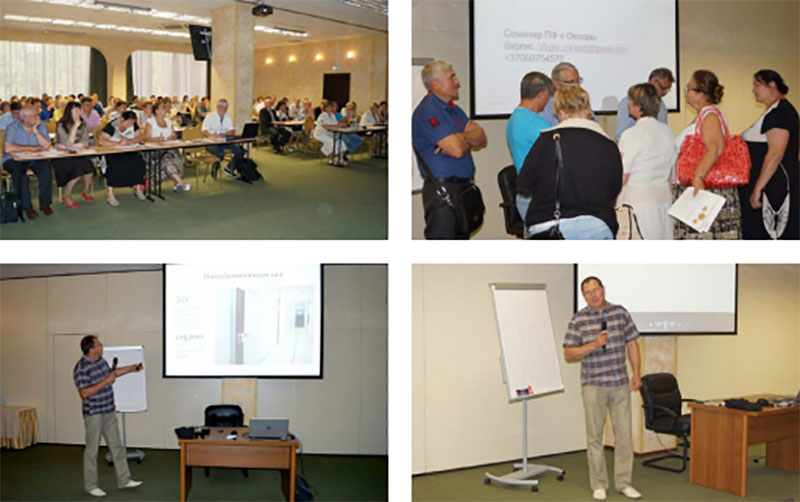

Snezhinskaya Poultry Farm Ltd, LOHMANN TIERZUCHT and DSM Nutritional Products Seminar “Genetics, Technology and Veterinary Medicine: the components of successful egg production” Pritomye, Russia 01.–03 June 2016
Snezhinskaya Poultry Farm
The Snezhinskaya Poultry Farm Ltd is a pedigree breeder of the Inskaya Poultry Farm with an annual commercial egg production of more than 500 million. 40 % of its breeding production is for its own needs: to provide breeding material for the Inskaya and Yashkinskaya Poultry Farms. The remaining 60 % of chicks are intended to supply other businesses, both in Russia and abroad.Meeting
Over 30 specialists representing 14 companies from Russia and Kazakhstan who are clients of the Snezhinskaya Poultry Farm met at an excellent venue on the bank of the Tom river. All the participants were interested in the theme of the seminar. Each had their own questions. Meetings and discussions were held after the main programme. According to customers‘ feedback, it was clear that everyone had got some answers or recommendations for the future.Immune prophylaxis and optimal vaccination
Immune prophylaxis, setting up a correct and optimal vaccination programme is one of the important links in the chain of success. And as Dr Bortyuk (LTZ) underlined, a lot does not mean good. Less is more, the less antibiotics the better the digestion and use of all the ingredients of the diet, fewer vaccinations means the greater the strength of the body‘s immunity in response to the introduction of the necessary vaccines.Breeding aspects
How to get a full-fledged and strong layer able to lay up to the age of 85-90 or 100 weeks of life. This issue is so vast and deep that it needs several seminars to elucidate it. Norbert Mischke (LTZ) touched on some important aspects of breeding. Correct and balanced diets together with proper lighting programme is one important factor. But it is only possible to bring this to each bird with the correct structure of the feed, with the so-called structured feed. This issue then becomes crucially significant with a high floor space per bird. At this point the problem arises of differential feed consumption because each animal cannot reach the feed at the same time.Bone strength and high shell quality
DSM’s specialists gave detailed consideration to the issue of the bird‘s mineral supply with a long production cycle for maintaining bone strength and obtaining high shell quality. The high point of the seminar was the practical instruction by the specialists on correct beak trimming. For this Pieter Verschuuren, the author and producer of the only instruments for the side “V” shape beak trimming of young chicks (from 1st to 14th day of life) was invited from Holland. Firstly Pieter Verschuuren gave some theoretical training to all the specialists, and then all the participants could control and improve their knowledge and skills under the control of the beak trimming master.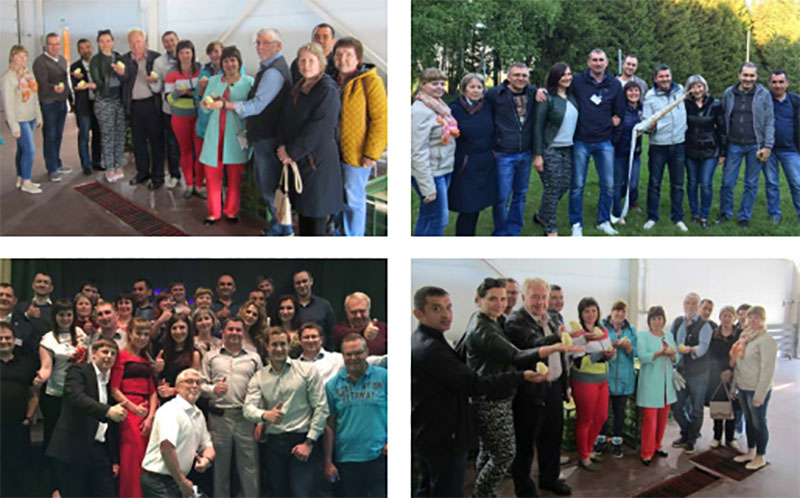

Koger Ltd is the only partner of LOHMANN TIERZUCHT in Kazakhstan and occupies a leading place in the production of hatching and commercial eggs. In 2016 the company produced 295 million commercial eggs and over 5 million hatching eggs. To expand the sales market for its breeding production, Koger Ltd, organized a seminar held in Almaty in May 2016, with LTZ’s assistance. The seminar was attended by representatives of 11 companies from Kazakhstan, as well as from Tajikistan and Kyrgyzstan.
Seminar topics
The Director General of Koger Ltd, K Shin made a presentation of the company and a brief overview of the state of modern poultry farming in Kazakhstan.The main topics of the seminar were explained by Norbert Mischke (regional director of LOHMANN TIERZUCHT for the CIS and Baltic countries) and Yaroslav Bortyuk (LTZ Sales and Technical Service). In particular Norbert Mischke gave presentations on: the genetic limit of LOHMANN breeds; the particulars of feeding birds during their long-term maintenance in order to preserve shell quality; recommendations for feeding birds of different ages kept in one group; causes of and methods to prevent cannibalism. Bortyuk explained the issues of immunoprophylaxis in birds and biosafety in the business. As well as the key note speakers, representatives of various companies cooperating with Koger Ltd, such as Miavit (Germany), Novus (USA) and others spoke at the seminar.
Norbert Mischke
